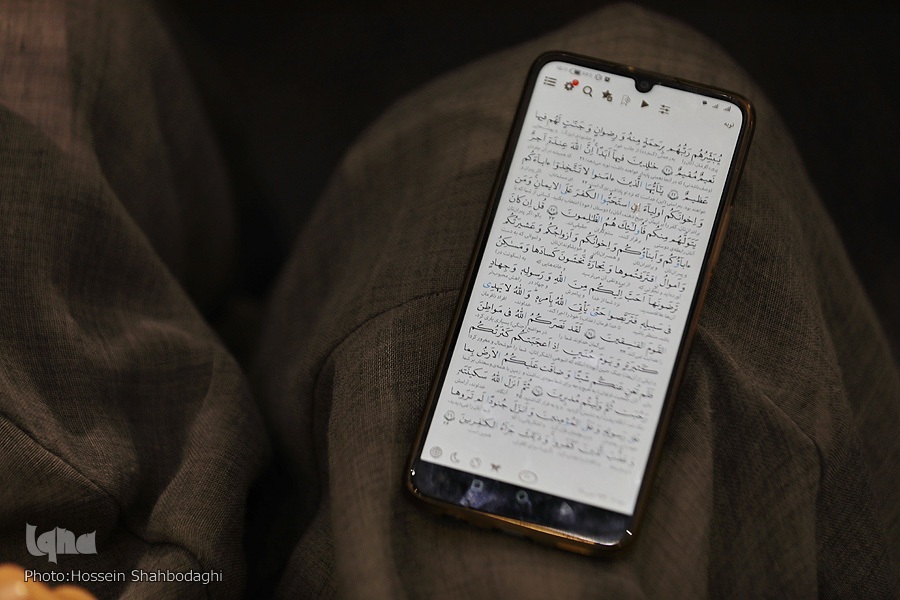Cleric Calls for Increased Focus on Quranic Education in Seminaries

“May God grant strength to us and to all qaris and memorizers of the Quran, enabling us to bring the Quran from neglect to the forefront of our lives,” Hojat-ol-Islam Hamid Maleki, deputy director of Iran’s Islamic seminaries, said on Friday.
He made the remarks on the sidelines of an annual test of Qom Seminary, which assesses its students’ knowledge of the Quran, Nahj al-Balaghah, and Sahifa Sajjadiya.
“Islamic seminaries should train students in the love of the Quran, Nahj al-Balagha, and Sahifa Sajjadiya, fostering this passion in their hearts so that we may witness both the quantitative and qualitative growth of those who strive in the Quranic field,” he added.
Read More:
Stressing the need to train more Quran memorizers, the cleric quoted verse 82 of Surah Al-Isra, which reads: “We send down in the Quran that which is a cure and mercy for the faithful; and it increases the wrongdoers only in loss.”
He further quoted verse 57 of Surah Yunus, which describes the Holy Quran as an “advice”: “O mankind! There has certainly come to you an advice from your Lord, and a cure for what is in the breasts, and a guidance and mercy for the faithful.”
A piece of advice here awakens individuals from the slumber of heedlessness, he said.
Those who memorize the Quran are fortunate because this advice has the potential to profoundly impact their lives, he said, adding, “If it does not affect the memorizers of the Qur'an, then who will it affect?”
Read More:
Upon awakening, a person becomes aware of mental afflictions such as envy, hatred, pride, and arrogance, and acknowledges that the Quran offers a remedy for these ailments, Maleki said.
He underlined that the Holy Quran provides guidance, healing, and a path to righteousness, serving as a mercy for humanity.
The cleric then described as “moving” verse 58 of Surah Yunus which reads: “Say, ‘In Allah’s grace and His mercy—let them rejoice in that! It is better than what they amass.’”
This means that as the Quran removes these spiritual diseases, individuals experience profound spiritual happiness, and that the value and benefits of the Quran, with its immense capacity, surpass all worldly possessions one could accumulate, he added.
4229731



